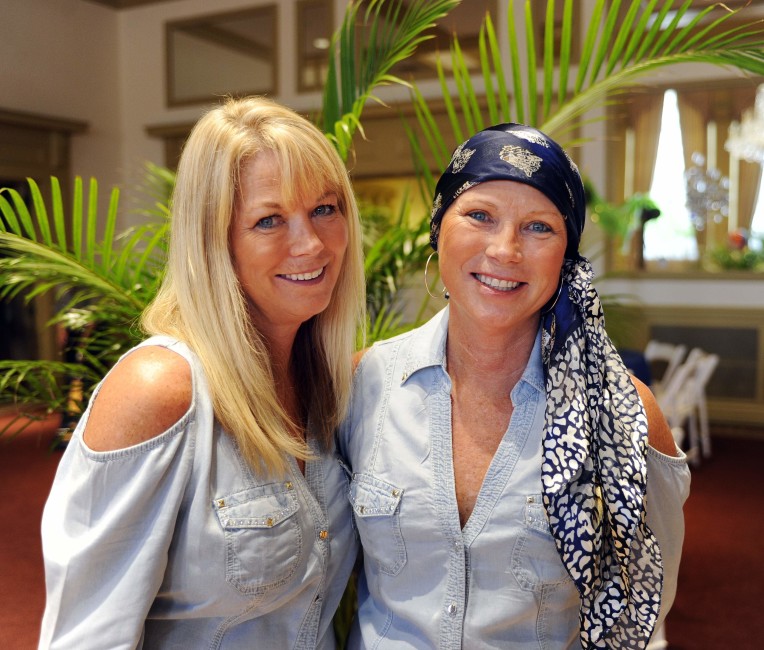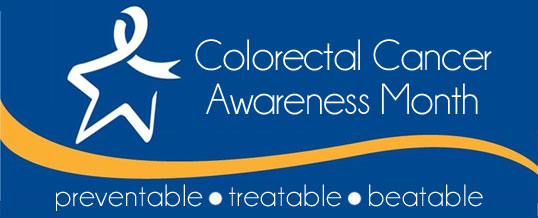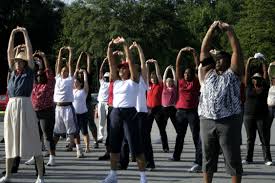A new Nordic study just released the most interesting data about cancer and family risk we’ve seen to date!
They followed more than 200,000 fraternal and identical twins for over 30 years, and compared their risk of developing certain cancers to the rest of the population.
The heritable risk of some cancers was as much as 38%, such as breast and uterine. (By the way this doesn’t take into account the BRCA1/2 families)
The highest familial link was found with melanoma (58%), testicular (up to 120%), prostate (57%) and ovarian cancer (39%).
Overall, a fraternal twin diagnosed with any type of cancer left his or her twin with a 37 percent risk of cancer as all. For identical twins (who share all of the same genes) the risk was 46 percent.
Many news outlets are reporting this with a focus on the suggestion that family history is significant to cancer risk. Yes, it is. Yet heritable cancers were found only about 33% of the time (unless you’re an identical twin!)
That means up to 2/3 of cancer diagnoses are NOT heritable. They are MODIFIABLE. This means they are affected by lifestyle, environment and/or diet.
A 2/3 modifiable risk? I’ll take those odds!
Some cancers showed an even smaller genetic link! Colon and lung cancer were linked to families in just 15-18% of twins. Head and neck cancers were linked less than 10%.
With these particular types of cancers we know what can trigger them. Diets high in processed meats (do I smell bacon?) and red meats are linked to colon cancer. We’ve known for years about the link between smoking and lung/head and neck cancers.
So what do we take from this?
Genetics plays a role, and if you have certain cancers in your family, you should be vigilant about your own health screenings!
For instance, everyone should get yearly dermatology skin checks. Yet if there’s a family member with melanoma, you may want to begin younger and even start going every 6 months if your doctor agrees.
If you have a relative with colon cancer, you may possibly start your yearly colonoscopy earlier than age 50.
k7979iuHave a family member with prostate cancer? Your doctor may have a lower threshold for taking a biopsy of a slightly enlarged prostate or an increasing PSA level.
This also highlights why it’s so important to give our doctors our family history, if we know it!
The point isn’t to get scared. We also shouldn’t throw our hands in the air and say, “Well nothing I do matters since it’s all genetics.”
Like most things in life, it’s more complicated than that.
 English
English French
French German
German






